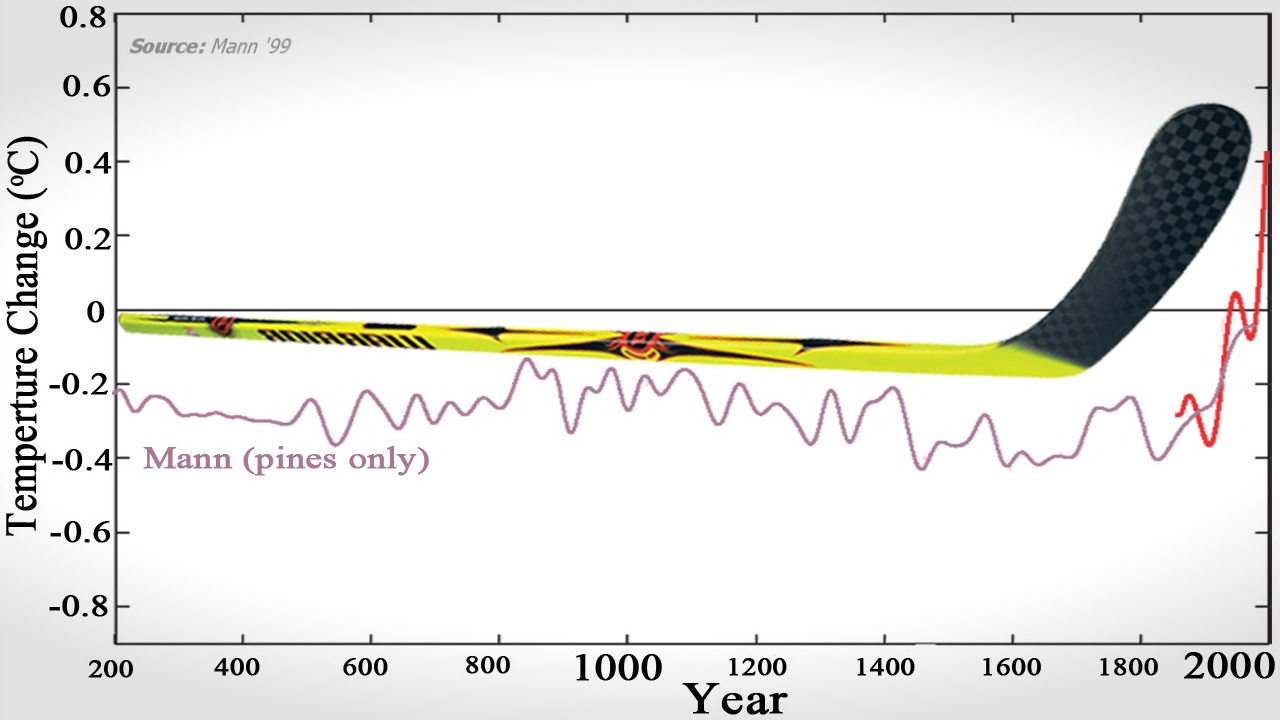As for policy, the whole rationale for developing and training something like CMIP5 is to run through simulations for different regulatory scenarios regarding the impact on GHG emissions on warming. In a nutshell, the scientific underpinnings for the Paris climate accords are based on these projections. Basically, we don't have the technology (yet) to do much about sinks so we have to reduce sources. And if we do warming will level off pretty fast. But the warming effect, sans sinks, will be persistent. Described in attached .pdf. So, in a logical, positivistic, "Enlightenment" view, such a scientifically formulated approach might be construed as self-interest, in today's parlance "best practices". Deviations from that view are perhaps where the discussion continues.



